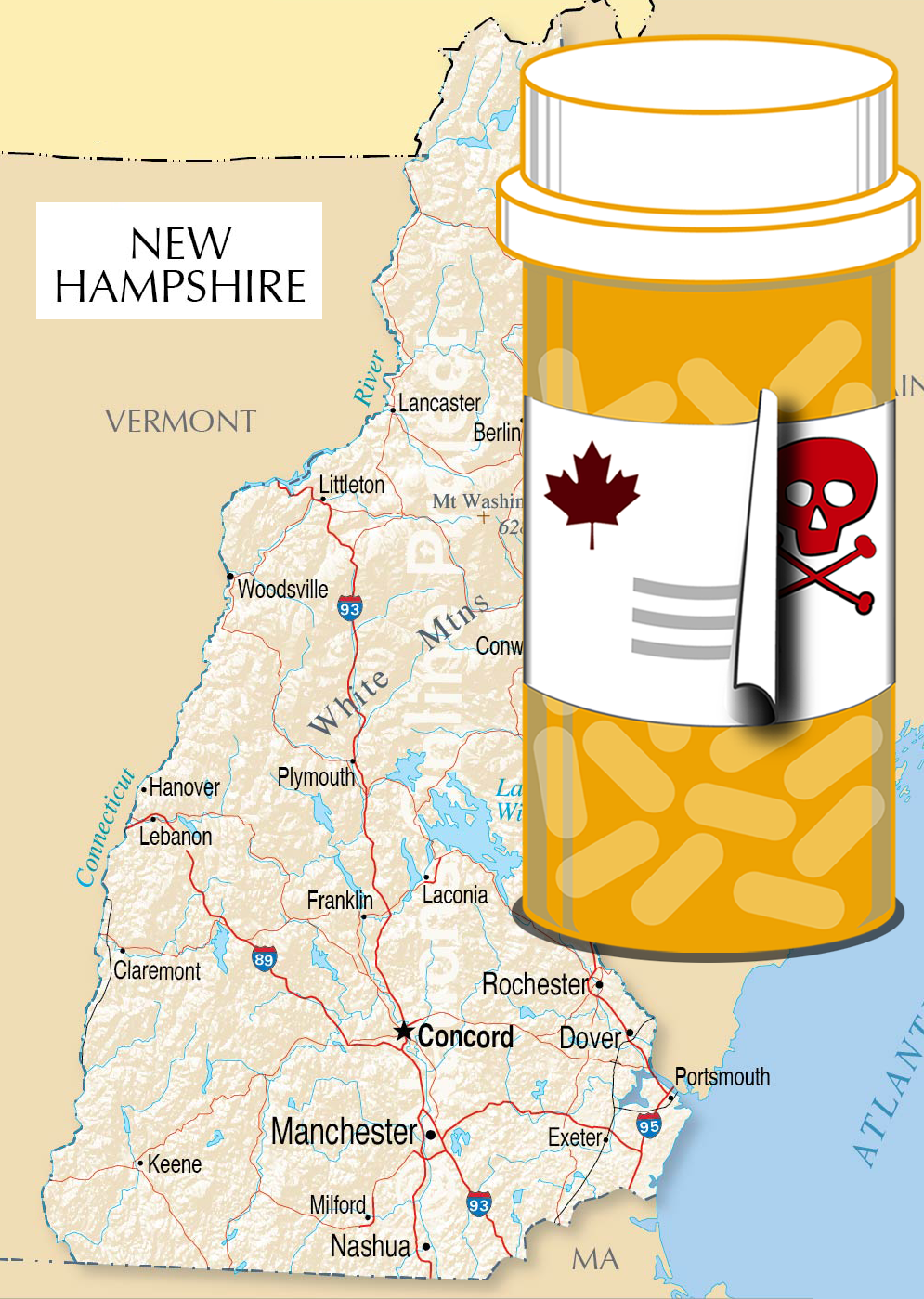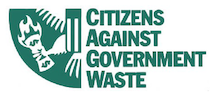Drug Importation in New Hampshire: An Overview

Current status:
New Hampshire submitted an application for its state importation program in April 2021. The FDA rejected the application in November 2022 because it did not identify a Canadian wholesaler that would provide the drugs.
Synopsis:
In January 2020, the New Hampshire legislature introduced SB685, which would require the New Hampshire Department of Health and Human Services to design a wholesale importation program for prescription drugs from Canada by or on behalf of the state and obtain federal approval for the program. In June 2020, SB685 was added to HB1280, which included several other prescription drug initiatives. The bill was signed into law in July 2020.
How should we evaluate this program?
The program hasn't started yet, or even been designed, so there's no way to measure whether it saved money or kept patients safe, both promises made at the time of passage. However, the 2003 Medicare Modernization Act contains requirements for safety requirements built into any such program.
Official actions and statements
November 2022: FDA denies the application.
April 2021: New Hampshire submits an SIP application.
HB1280: Text of the Bill
SB685: Text of the Bill | New Hampshire State Senate hearing
Testimony opposing SB685:
- The Best Medicines Coalition, January 21, 2020
- The Partnership for Safe Medicines, January 2020
Background / resources
Learn more about
Op-eds from the Experts
Executive Director Shabbir Safdar’s editorial ran on May 15, 2024 in Colorado Politics
Tom Kubic—an FBI veteran, former president and CEO of the Pharmaceutical Security Institute, and president of PSM’s governing board—has the experience to know that the risks of drug importation are “unacceptably high” and the potential rewards are “virtually nil.”
So, what does all of this have to do with importing drugs from a friendly nation like Canada? The simple, inarguable fact is that, once we open up our drug supply, we can no longer ensure the safety of the products in it.
Instead of wasting time and money on dangerous and faulty importation proposals, Congress should encourage the FDA to speed up the drug approval process and reduce the cost of program and application fees for future drug development. In 2022, the application fee for a human drug application will cost $1.6 million for drugs that don’t require clinical data and $3.1 million for medicines that do need clinical data.
In this February 24, 2022 editorial published on the Connecticut Business & Industry Association’s website, Paul Pescatello reviews the practical reasons that mean that importing drugs from Canada will not lower prescription drug prices. Pescatello is the executive director of CBIA’s Bioscience Growth Council and chair of We Work for Health Connecticut.
ADAP Advocacy Association CEO Brandon M. Macsata wrote this editorial, which appeared on the AIDS Drug Assistance Program’s website on April 1, 2021.
The Association first warned constituents that counterfeit Symtuza had been distributed to three U.S. pharmacies in December 2020, when Janssen issued an alert.
This editorial by the Sun Sentinel Editorial Board was published in The Sun Sentinel on December 9, 2020. The Editorial Board consists of Editorial Page Editor Rosemary O’Hara, Dan Sweeney, Steve Bousquet and Editor-in-Chief Julie Anderson. There Go Those Cheaper Drugs. Remember Florida’s plan to save money by importing prescription drugs in bulk from…
This editorial by Joyce Nelson appeared in Counter Punch on December 4, 2020. Nelson is a researcher and writer whose work appears in a wide range of magazines, newspapers and websites.
This editorial, written by Earl D. Fowlkes Jr., appeared in the Washington Blade on December 4, 2020. Fowlkes is the president and CEO of the Center for Black Equity.
In this editorial, which was posted on December 2, 2020, Citizens Against Government Waste decries the expense and futility drug importation.









